The Hague, Apr 9 (AFP) The global watchdog working to eradicate chemical weapons is investigating reports of a suspected poison gas attack on the Syrian rebel-held town of Douma, its head said today.
The Organisation for the Prohibition of Chemical Weapons "made a preliminary analysis of the reports of the alleged use of chemical weapons immediately after they were issued," said director general Ahmet Uzumcu.
A fact-finding team was now gathering more information "to establish whether chemical weapons were used," he added in a statement, expressing his "grave concern" about the situation.
Experts were digging up information "from all available sources" and their findings would be reported to the 192 nations which have signed the Chemical Weapons Convention, Uzumcu vowed.
The 1993 arms treaty binds all member states to help rid the world of chemical weapons.
Syria finally joined the convention in 2013, admitting under heavy US-Russian pressure to having a toxic arms stockpile, and staving off threatened US air strikes. The OPCW has destroyed 100 per cent of all the country's declared toxic stockpiles, but Uzumcu has repeatedly said there were gaps in the declaration by the Syrian regime.
The convention bans the use, development, production and stockpiling of all chemical weapons.
But amid "persistent allegations" of their use in Syria, the OPCW set up its own independent fact-finding mission in 2014. It has investigated more than 70 cases of alleged toxic gas attacks in Syria since 2014.
In 2015 the OPCW joined with the UN to form a joint investigative panel, known as the JIM, tasked with identifying those behind the chemical attacks in Syria.
In October, the panel released a damning report that found the Syrian air force had dropped sarin on the rebel-held village of Khan Sheikhun in April 2017, killing scores of people.
Yet another recent OPCW report concluded that sarin was used in another incident on March 30 in the village of Latamneh.
The Syrian regime has also been blamed for using chlorine gas on three villages in 2014 and 2015. The Islamic State jihadist group was found to have unleashed mustard gas.
Russia used its veto power twice in November to block the renewal of the panel, maintaining it was biased and unprofessional.(AFP) SMJ
(The above story is verified and authored by Press Trust of India (PTI) staff. PTI, India’s premier news agency, employs more than 400 journalists and 500 stringers to cover almost every district and small town in India.. The views appearing in the above post do not reflect the opinions of LatestLY)


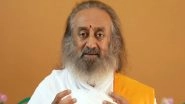
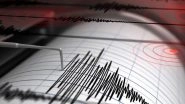




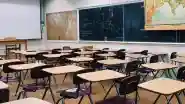

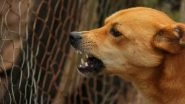
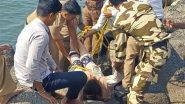

 Quickly
Quickly


